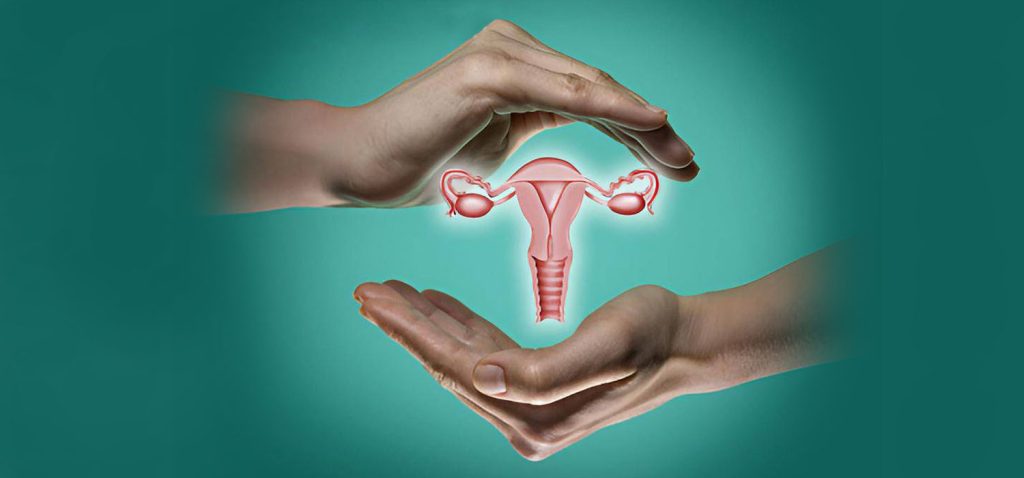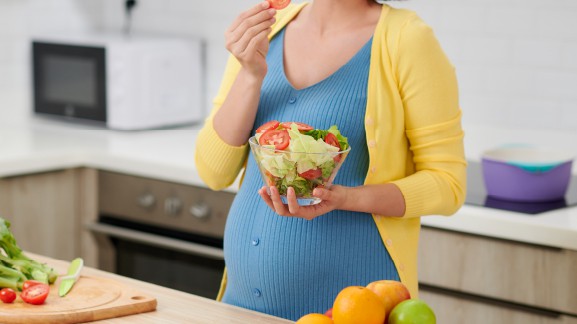How Live-In Carers Support Women Through Complicated Pregnancies

Pregnancy is often described as a beautiful journey, but for many women it can also bring challenges and health risks. In these situations, live in carers Scotland services have become a vital source of support, offering round-the-clock assistance that goes far beyond medical care. By providing both practical and emotional help, they ensure that expectant mothers facing complications can focus on their well-being and prepare for motherhood in a safe, nurturing environment.
The Unique Needs of Complicated Pregnancies
Complicated pregnancies may involve conditions such as gestational diabetes, high blood pressure, or risks of premature birth. These situations often require careful monitoring, specialised diets, and strict rest. Hospitals provide critical treatment, but many women also need consistent help in the comfort of their own homes. This is where live-in carers step in, bridging the gap between medical supervision and everyday living support.
They help mothers-to-be manage daily routines safely, reducing stress and minimising risks. From preparing meals in line with dietary recommendations to ensuring that medication schedules are followed, carers provide a tailored approach that supports both mother and baby.
Emotional and Mental Health Support
Pregnancy complications can trigger feelings of anxiety, isolation, and emotional strain. Having a trained carer at home offers reassurance, not just to the expectant mother but also to her family. Carers create a calm, positive environment where women feel listened to and supported.
This emotional stability can make a huge difference. Feeling safe and cared for helps reduce stress hormones, which is beneficial for both mother and child. Carers often act as companions as well as caregivers, offering conversation, encouragement, and comfort during what can be an uncertain period.
Practical Assistance at Home
When doctors advise rest or limited mobility, tasks such as cooking, cleaning, or even getting to appointments can become overwhelming. Live-in carers handle these responsibilities, ensuring that the home remains a safe and supportive space.
They assist with travel to medical check-ups, help maintain hygiene routines, and keep a close eye on any changes in health that may need medical attention. For families balancing work, childcare, or other commitments, this support offers peace of mind and allows them to focus on bonding with the new arrival when the time comes.
The Importance of Personalised Care
Every pregnancy is different, and no two complications are the same. Live-in carers provide personalised care plans that reflect the unique needs of each woman. Some may need specialised dietary support, while others require strict rest and minimal movement.
This flexibility ensures that care is not only practical but also deeply considerate. By adjusting their approach as the pregnancy progresses, carers help maintain stability and adapt to any changes in medical advice. In Scotland, where healthcare services are highly valued, the addition of personalised home care adds another layer of security and comfort for families.
Supporting Families Alongside Expectant Mothers
A complicated pregnancy does not only affect the woman carrying the child. Families also experience stress, uncertainty, and concern. Live-in carers extend their support to the whole household, offering guidance and easing pressure on loved ones.
By stepping in to manage household duties, provide regular updates, and create a supportive environment, carers help families feel more confident about the journey ahead. This shared support strengthens family bonds and ensures that everyone is better prepared for the arrival of the baby.
Scotland’s Growing Need for Compassionate Care
Across Scotland, the demand for live-in carers has grown as more families recognise the value of home-based support during pregnancy. With an increasing awareness of maternal health challenges, these carers are becoming an essential part of modern healthcare solutions.
Their presence ensures that women facing high-risk pregnancies do not have to choose between hospital stays and struggling alone at home. Instead, they receive tailored, compassionate assistance that complements the medical system and supports healthier outcomes for both mother and child.
Conclusion
Complicated pregnancies bring unique challenges, but with the right support, women can face them with confidence and strength. Live-in carers in Scotland provide a vital service, ensuring that expectant mothers are cared for physically, emotionally, and practically within the safety of their own homes.
By offering personalised care, emotional reassurance, and practical help, these carers play an invaluable role in protecting maternal health and promoting positive pregnancy experiences. Their contribution is not only to the well-being of mothers and babies but also to the peace of mind of families across the country.




